How Can You Lighten Facial Hair Naturally?
In the mood for safe and effective alternatives to facial shaving? Try some lightening ingredients.
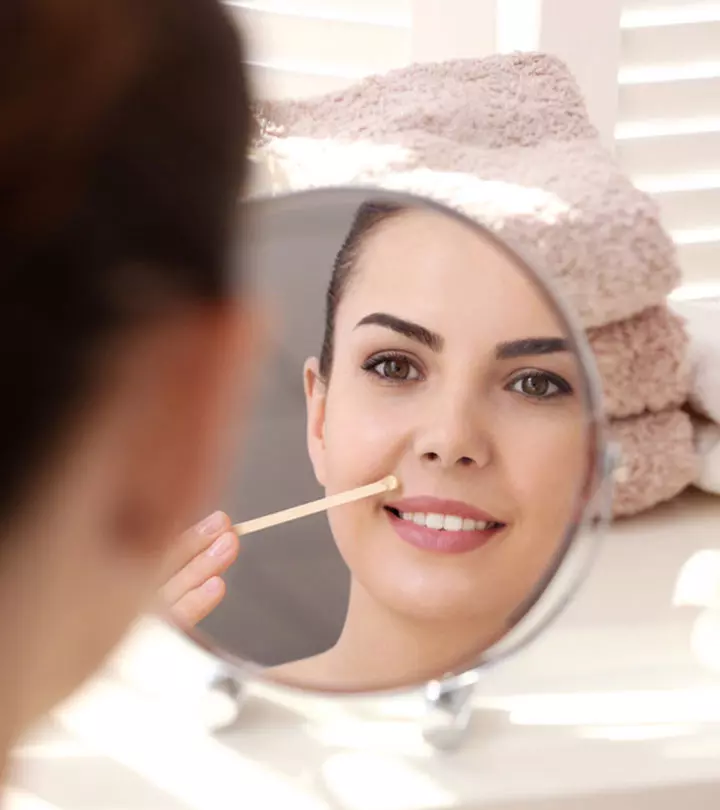
Image: ShutterStock
Constant visits to the salon to bleach your hair can be an expensive and time-consuming affair. On top of that, constantly exposing yourself to chemical bleach can be more harmful to your skin than you think. If you are looking to ditch those chemicals, there are a few ways to lighten your facial hair naturally. These natural methods can give you the look you want while being much gentler on your skin. They lower the chances of irritation or allergic reactions that often come with harsh chemical treatments, making them a safer and skin-friendly option. In this article, we look at some of the natural ingredients from the pantry you can use to lighten your hair.
In This Article
6 Tips To Lighten Facial Hair
Want to know how to lighten your facial hair naturally? We have some natural tips that won’t have you running to the salon. Check out these remedies that give you a naturally sun-kissed vibe without the drama. Moreover, if you want to know how to lighten your hair without bleach, in general, we have got you covered!
1. Lemon Juice
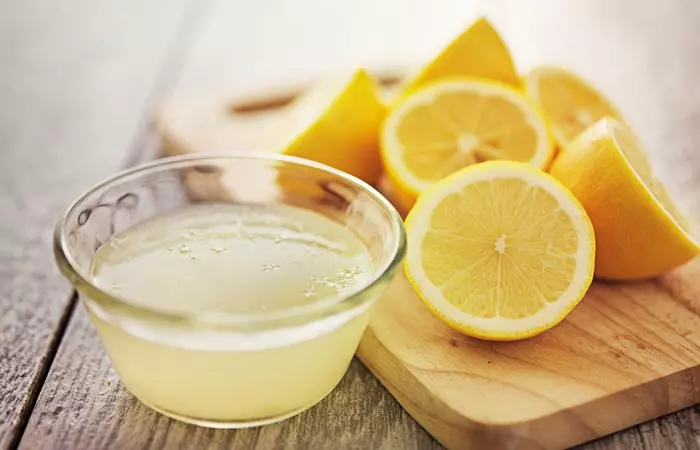
Lemon is rich in vitamin C, a nutrient widely used to treat pigmentation. It also is often used as an ingredient in cosmetic bleaching agents (1). Hence, it may help in lightening facial hair.
You can use lemon juice as follows:
- Squeeze lemon juice into a small bowl.
- Dab a clean cotton ball with a teaspoon of the lemon juice.
- Apply it to your face.
- Leave it on for 15-20 minutes before rinsing with water. Repeat this once every day.
 Quick Tip
Quick TipCaution: Lemon juice extract can cause skin irritation. Do a patch test before trying this remedy.
2. Turmeric
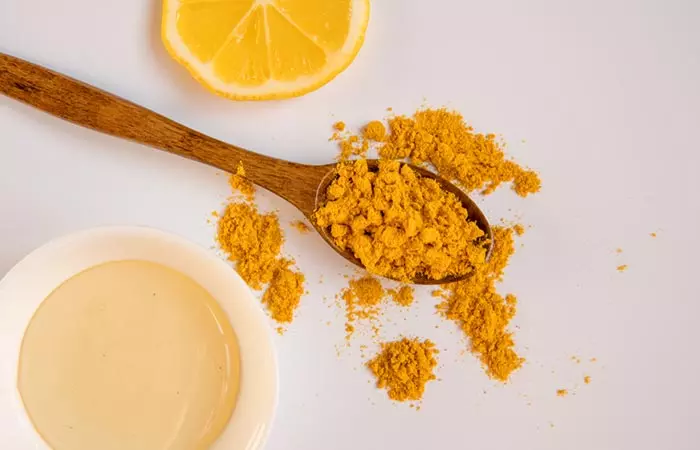
Turmeric mixed with lemon juice can help lighten facial hair. Lemon juice extract is rich in vitamin C, which can aid in bleaching facial hair, while turmeric has been used for ages to remove superfluous hair (2). Moreover, you may also read about how to get rid of facial hair naturally to add to your knowledge of beauty hacks.
- Mix turmeric powder and lemon juice into a thick paste.
- Apply it all over your face with a cotton ball and leave it on for 15 minutes.
- Rinse your face thoroughly with water.Repeat two times in a week.
Caution:
The turmeric paste might leave a yellow tinge on your skin. Hence, don’t leave it on for a long time. Also, wear old clothes to prevent staining.
3. Tomatoes
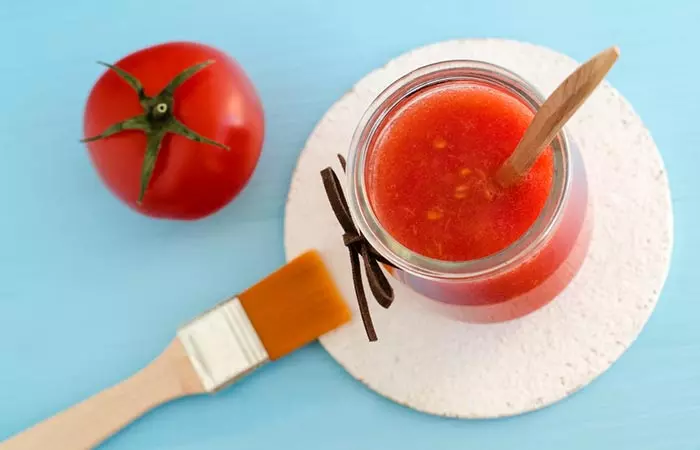
Tomatoes are great sources of vitamin C. Tomato paste mixed with lemon juice can aid in lightening facial hair.
- Make a paste of tomatoes.
- Mix this paste well with a teaspoon of lemon juice.
- Apply the mixture generously to the affected areas on your face.
- Leave it on for 15-20 minutes before rinsing with cold water. You can try this remedy one to two times a week.
 Quick Tip
Quick Tip4. Papaya
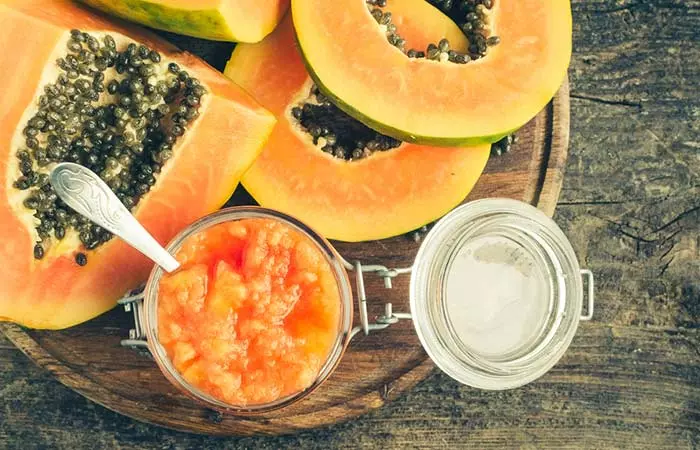
Papaya contains an enzyme called papain. Papain extracts were found to have depilatory effects (3). The paste of papaya mixed well with lemon juice extracts can help lighten facial hair.
- Make a paste of papaya fruit by mashing it.
- Mix this well with a teaspoon of lemon juice.
- Apply it to the affected areas of your face and leave it on for 20 minutes.
- Rinse thoroughly with water. You can repeat this two times a week.
5. Chickpea Flour
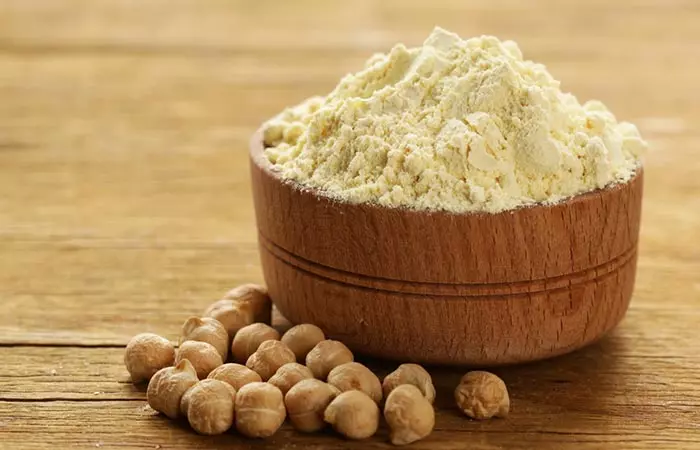
Chickpea flour is one of the oldest used remedies for facial hair removal. The paste of chickpea flour sticks to the skin as it dries. Upon rinsing, the fine hair that sticks to the paste can be removed easily.
- Take two tablespoons of chickpea flour and mix it well with turmeric and water to make a thick paste.
- Apply it to the affected areas of your face with a cotton ball and leave it on for 15 minutes.
- Gently scrub with a soft cotton pad using warm water. Repeat one to two times a week.
6. Olive Oil And Yogurt
Olive oil is rich in antioxidants that can help soften and lighten the hair over time (4). Additionally, olive oil can help moisturize the skin and prevent it from feeling dry or irritated, which can be a side effect of various hair-lightening methods (5). Yogurt contains lactic acid, a natural exfoliant. It can gently remove dead skin cells, including those surrounding hair follicles (6).
- Mix a tablespoon of yogurt with a teaspoon of olive oil.
- Apply this mixture to the areas of facial hair that you want to lighten.
- Leave it on the face for 15–20 minutes, then rinse it off with warm water.
- You can try this mask one to two times a week.
Emily, a beauty blogger, decided to experiment using a mixture of water, flour, and sugar to make a facial hair bleach. After applying and washing off the wheat flour mix, she was pleasantly surprised by the results. She writes, “It may not be very drastic but it was noticeable. So YAY! The wheat flour recipe definitely got our vote! You should for sure give it a shot! (i)”
These are the ways you can lighten your facial hair. But why should you go for these options? Why not opt for commercial bleaching?
Key Takeaways
- You can use natural bleach like lemon juice to lighten facial hair.
- Turmeric is very effective in naturally lightening hair color.
- To eliminate most of your facial hair and lighten the remaining, use a scrub of gram flour and honey, or a mixture of rose water and sandalwood powder on the skin.
- To eliminate hair and lessen the appearance of hair growth, an exfoliant made of sugar and cornflour is another option you can go for.
- To achieve the desired results, continue using natural products over time.
What Are The Side Effects Of Bleaching Facial Hair?
Commercial facial bleaches contain chemicals like hydrogen peroxide(7). Regular exposure to such chemicals can cause significant harm to your skin. The side effects caused by chemical bleaches include:
- Skin irritation
- Itchy rashes
- Swelling
- Redness
- Skin discoloration
Infographics: 5 Best Ways To Lighten Facial Hair
Many women have facial hair, so they visit salons to get rid of them. However, chemical treatments may lighten the hair but can damage the skin with prolonged use so it is better to use natural methods to reduce facial hair. Even so, before applying any natural ingredients to your face, seek professional help to avoid allergic reactions. Check out the infographic below and learn 5 simple ways to lighten facial hair without hassle.

Illustration: StyleCraze Design Team
A lot of women have facial hair. They go to parlors for bleaching procedures to minimize the appearance of facial hair. All of these chemical reactions may lighten facial hair at some point. However, keep in mind that these chemical ways of lightening facial hair might be harmful to the skin over time. As a result, it is preferable to avoid using chemicals and instead try to lighten facial hair naturally. You can also use oatmeal, orange peel, egg whites, yogurt, cinnamon, olive oil, aloe vera, and vinegar as ingredients in a face pack to lighten your facial hair. Follow the tips discussed in the article to lighten facial hair. You may consult your dermatologist before using natural ingredients on your face. This will help avoid the risk of allergic reactions.
Frequently Asked Questions
Can I use multiple ingredients at once for better results?
Yes. Combining different natural ingredients can enhance the lightning effect. However, it is best to test the combination on a small area first to check for adverse reactions.
How long does it take to see results from natural lightning methods?
The time taken for visible results of natural lightning treatments can vary, but you may start to notice changes within a few weeks of consistent use.
Are there any ingredients I should avoid if I have sensitive skin?
Yes, avoid harsh acids or strong fragrances, as these can irritate sensitive skin.
Does potato juice lighten facial hair?
Potato juice can act as a bleaching agent and lighten facial hair. For this, you need to take a slice of potato and rub it onto your skin for about five minutes. Rinse thoroughly. You can repeat this two times a week.
Does plucking chin hair make it grow worse?
Hormonal or genetic factors control hair growth. Hence, plucking or tweezing chin hair does not make it grow worse.
Does baking soda lighten facial hair?
No. Using only baking soda may not lighten the facial hair. Instead, mix it with lemon juice and coconut oil to get the desired results.
Does Vaseline lighten facial hair?
No. Vaseline is occlusive. It can lock moisture to your skin but cannot lighten facial hair.
Does sugar lighten facial hair?
Using sugar alone may not lighten facial hair. However, you can mix it with lemon juice and use the blend as a scrub. Lemon juice has mild bleaching effects and may lighten facial hair.
Discover effective and natural ways to bleach facial hair at home. Say goodbye to expensive salon visits and embrace these simple DIY remedies for a brighter you.
Personal Experience: Source
StyleCraze's articles are interwoven with authentic personal narratives that provide depth and resonance to our content. Below are the sources of the personal accounts referenced in this article.
i. I mustache you a question.https://emilykitslaar.wordpress.com/2013/04/09/i-mustache-you-a-question/
References
Articles on StyleCraze are backed by verified information from peer-reviewed and academic research papers, reputed organizations, research institutions, and medical associations to ensure accuracy and relevance. Read our editorial policy to learn more.
- The Hunt for Natural Skin Whitening Agents, International Journal of Molecular Sciences, US National Library of Medicine, National Institutes of Health.
https://www.ncbi.nlm.nih.gov/pmc/articles/PMC2801997/ - Turmeric, the Golden Spice, Herbal Medicine: Biomolecular and Clinical Aspects. 2nd edition. US National Library of Medicine, National Institutes of Health.
https://www.ncbi.nlm.nih.gov/books/NBK92752/ - Histological evaluation of hair follicle due to papain’s effect, International Journal of Pharmaceutics, ResearchGate.
https://www.researchgate.net/publication/6491843_Histological_evaluation_of_hair_follicle_due_to_papain’s_effect - Oleuropein in Olive and its Pharmacological Effects
https://www.ncbi.nlm.nih.gov/pmc/articles/PMC3002804/ - A Review of Acne in Ethnic Skin
https://www.ncbi.nlm.nih.gov/pmc/articles/PMC2921746/ - Epidermal and dermal effects of topical lactic acid
https://pubmed.ncbi.nlm.nih.gov/8784274/# - Skin Bleaching and Dermatologic Health of African and Afro-Caribbean Populations in the US: New Directions for Methodologically Rigorous, Multidisciplinary, and Culturally Sensitive Research, Dermatology and Therapy, US National Library of Medicine, National Institutes of Health.
https://www.ncbi.nlm.nih.gov/pmc/articles/PMC5120641/
Read full bio of Dr. Jyoti Gupta
Read full bio of Shaheen Naser
Read full bio of Ramona Sinha
Read full bio of Monomita Chakraborty






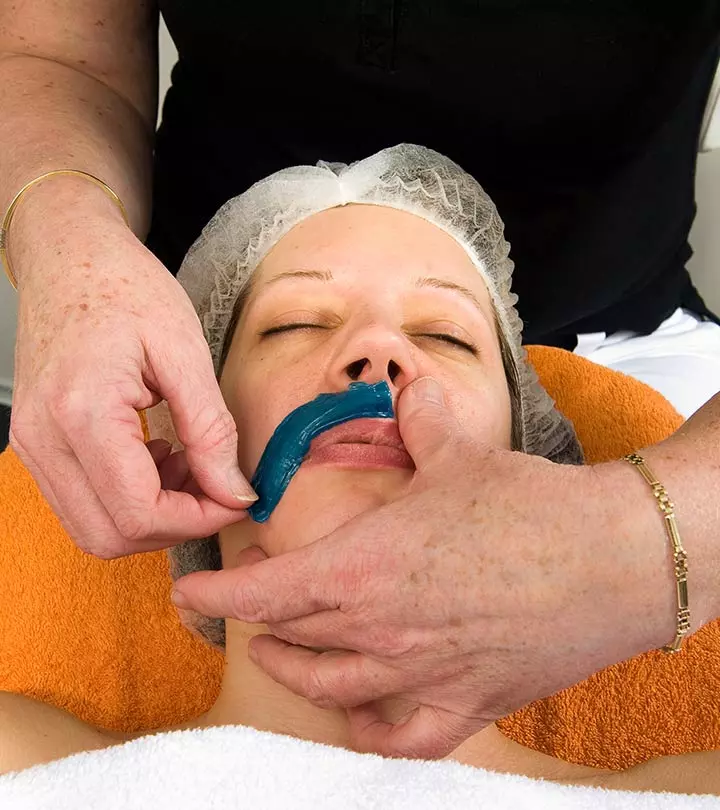

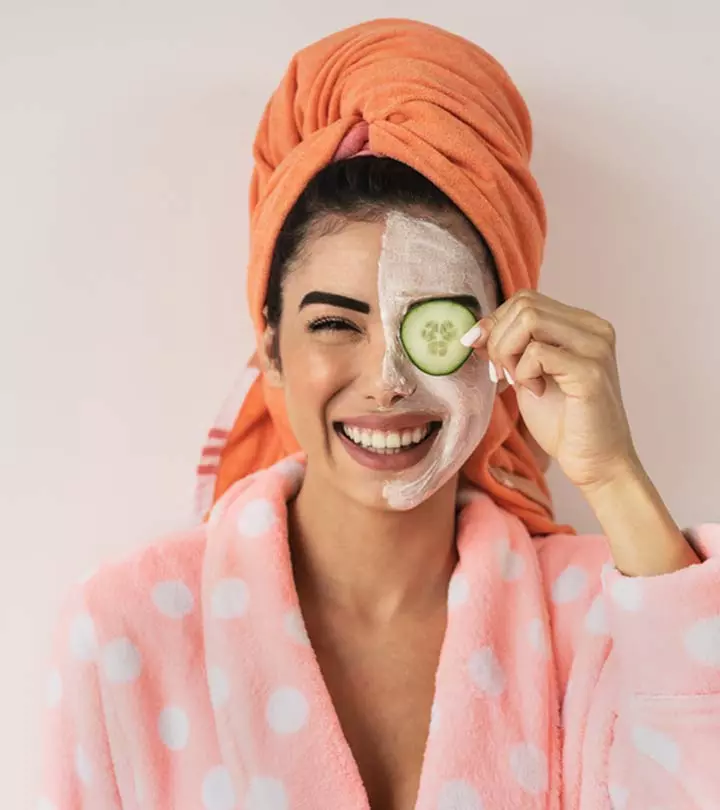


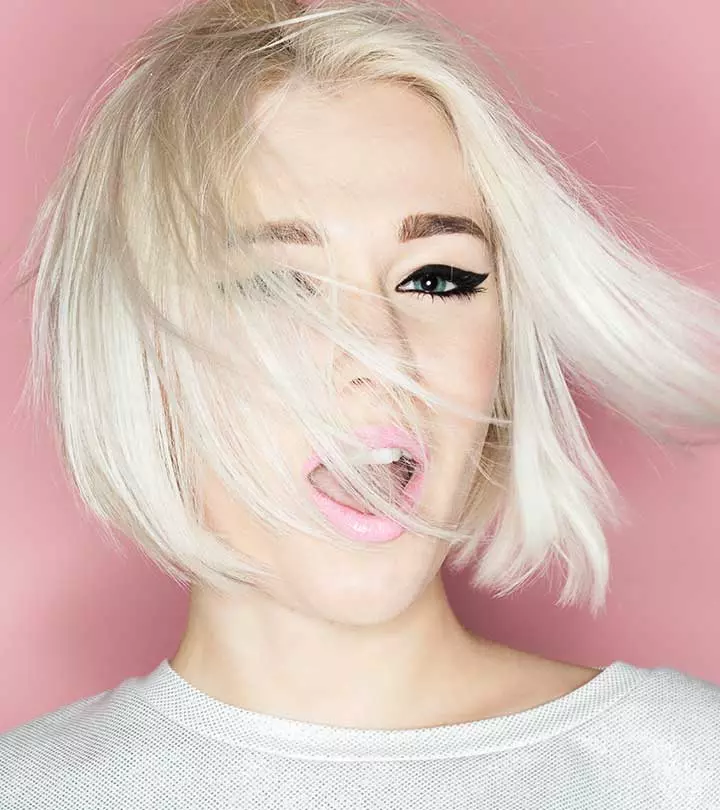

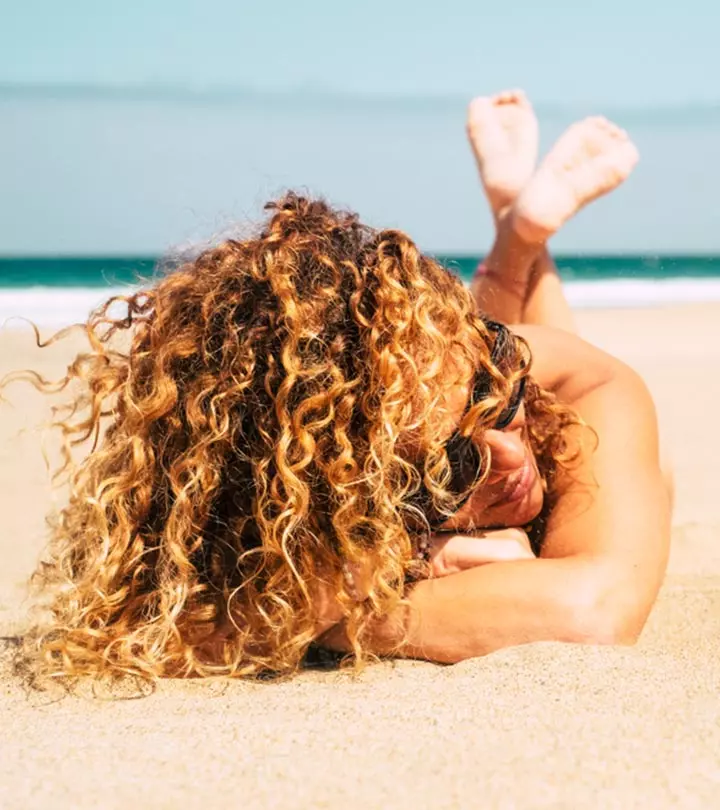
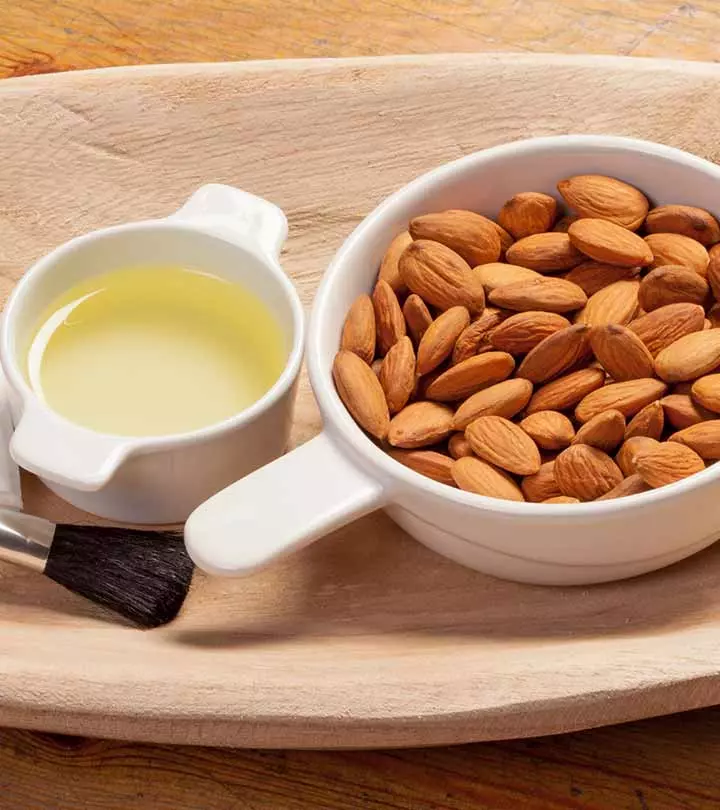
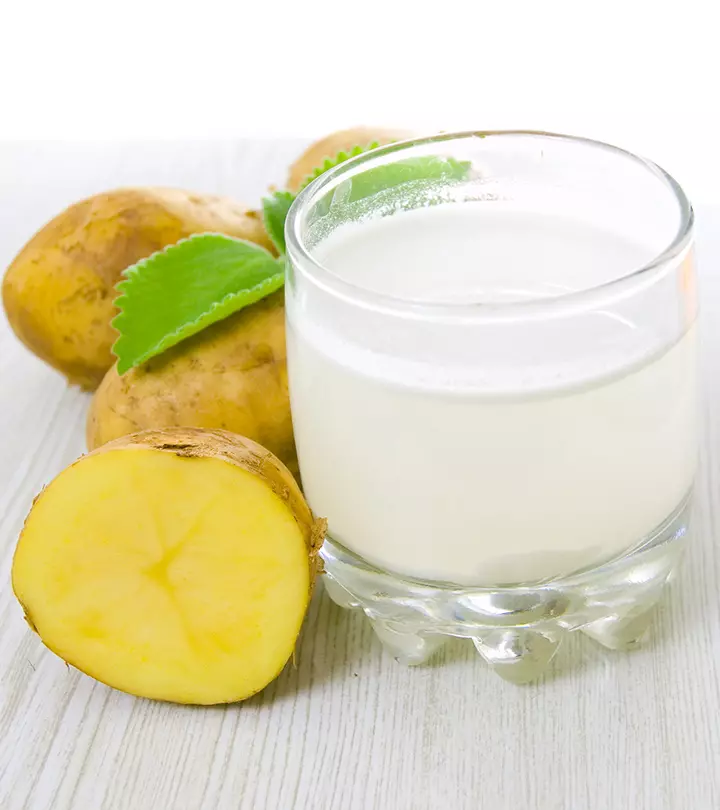
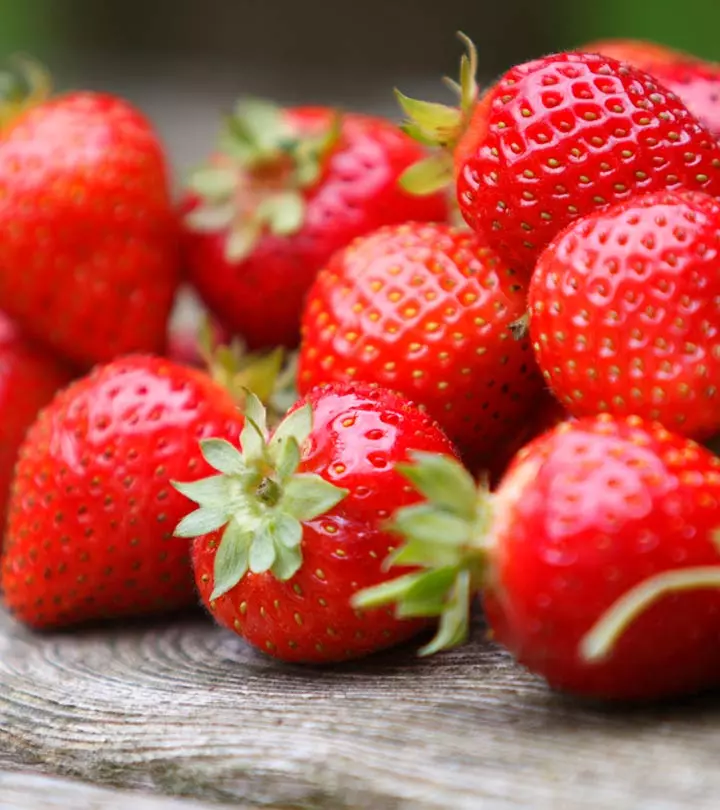
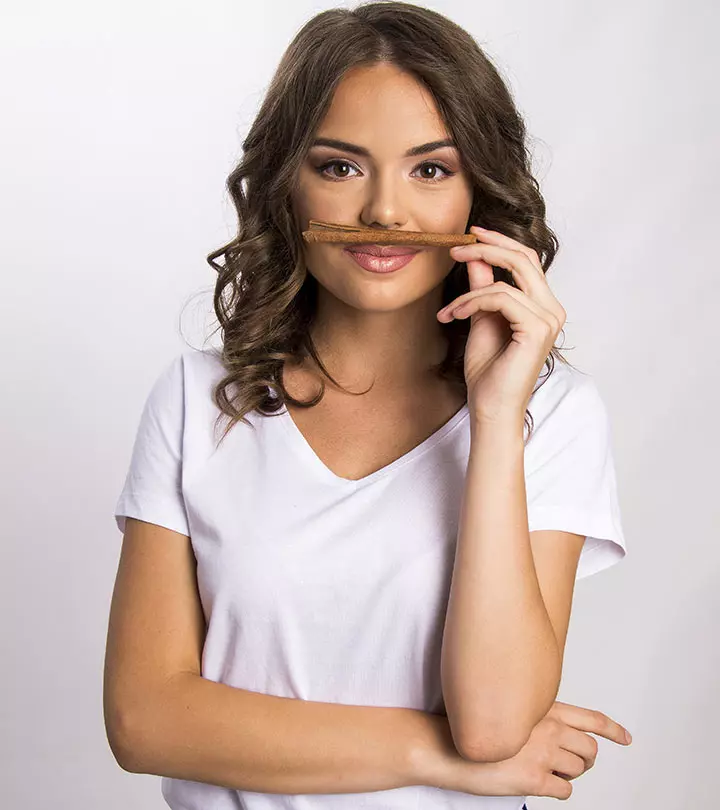
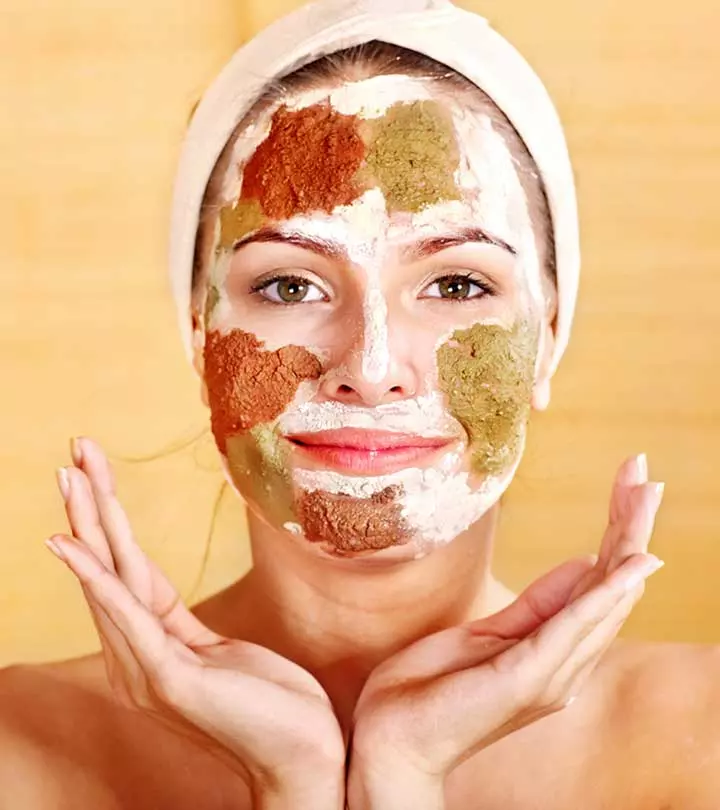
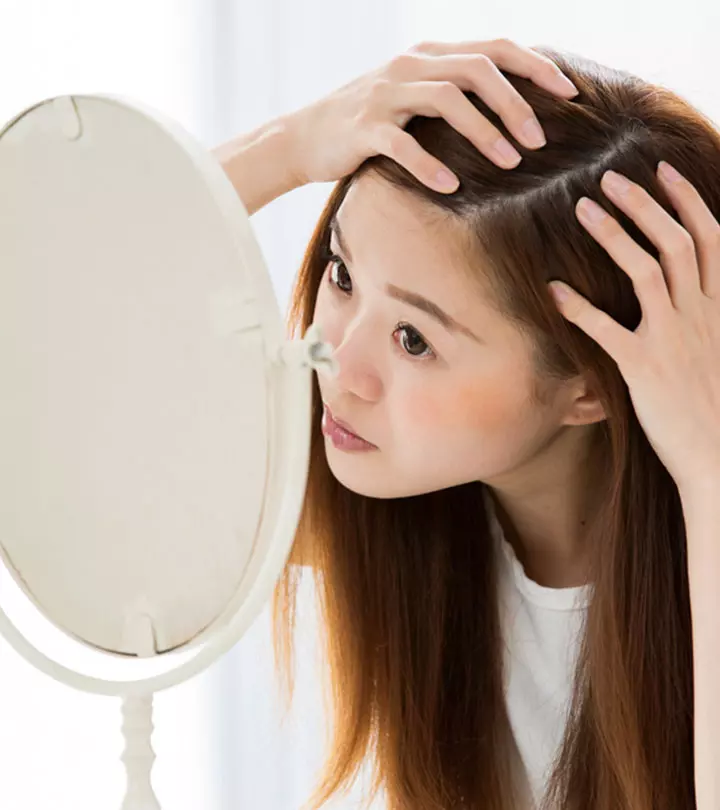
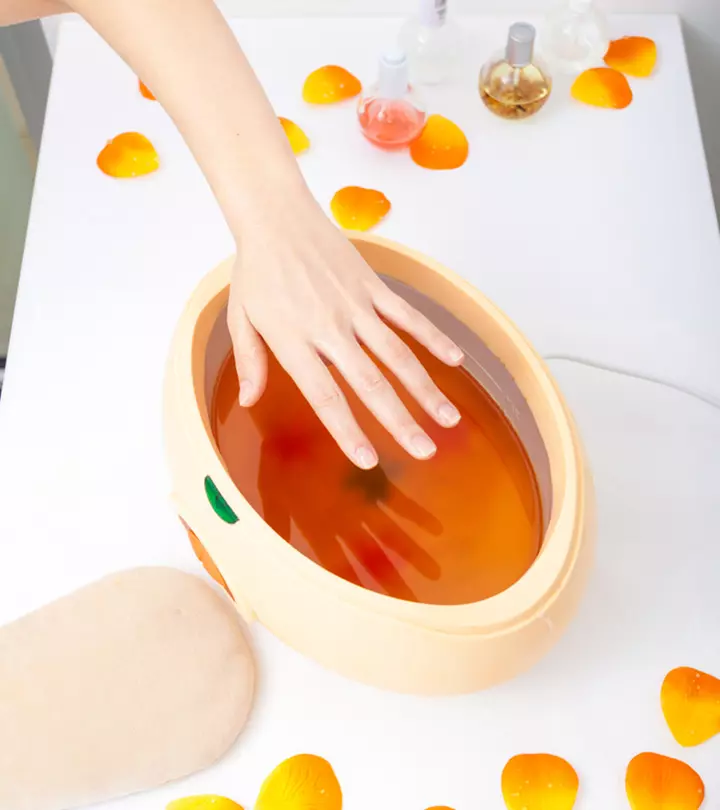

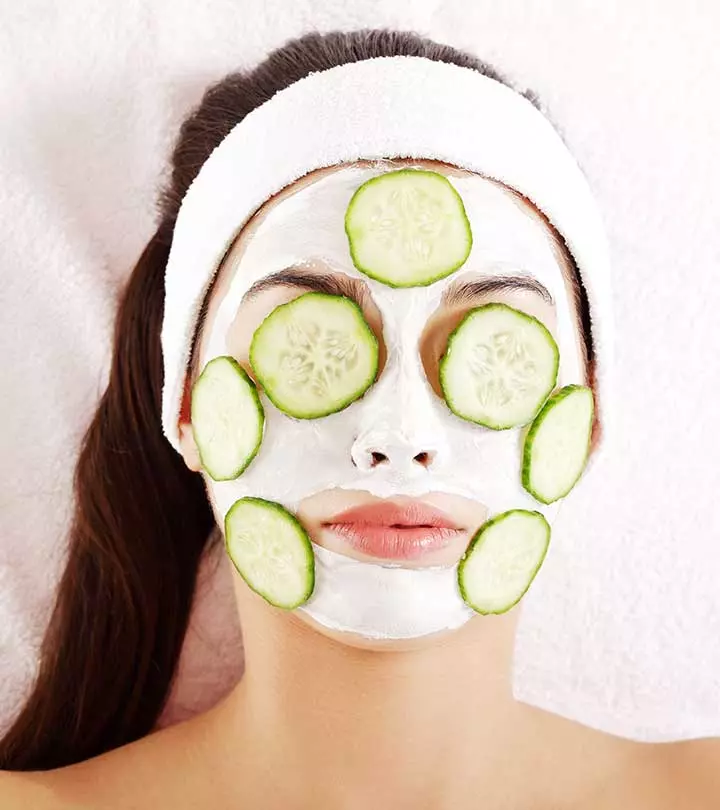
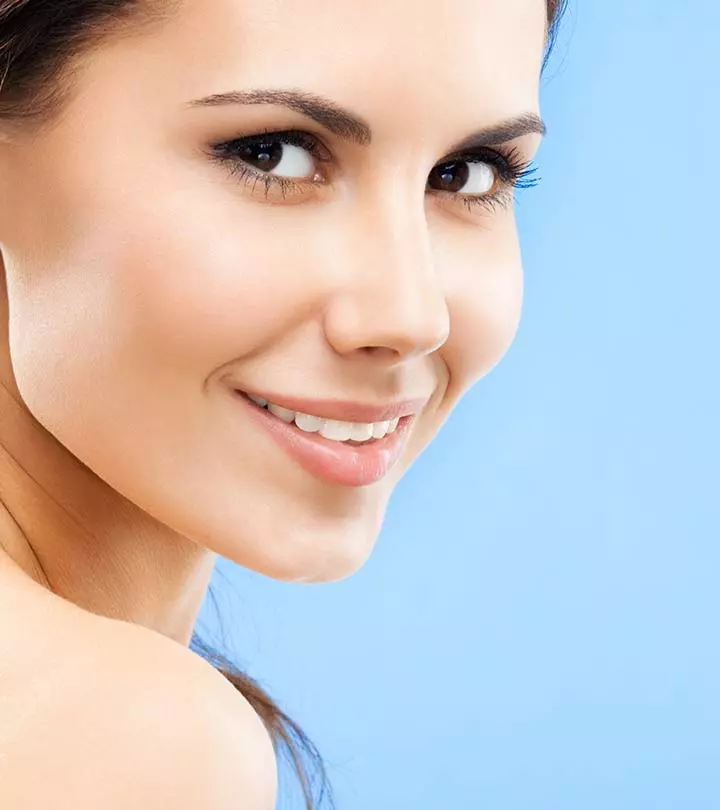

Community Experiences
Join the conversation and become a part of our empowering community! Share your stories, experiences, and insights to connect with other beauty, lifestyle, and health enthusiasts.